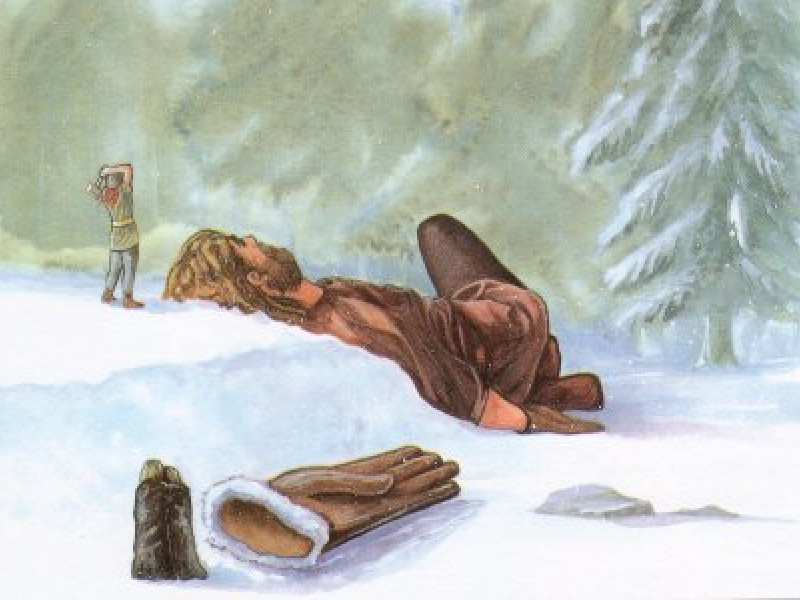Fenia & Menia
Fenia and Menia were two giantesses who served as slaves to King Frodi of Denmark in the poem of Grottasong or the "Song of Hand-Mill" – a poem in the Poetic Edda. Snorri Sturluson also included the death of King Frodi in his version of the story.
Frodi was a son of Fridleif and a grandson of Skiold. Skiold was the founder of the Danish dynasty known as the Skioldungs. Skiold was a son of Odin.
Frodi was a famous king because he was the one who brought Frodi's Peace to the northern countries, just as his contemporary Augustus brought the Roman Pax (Roman Peace) to the Mediterranean and other provinces. Therefore, Frodi lived in the time of Christ.
His residence was in Denmark, but at that time his kindgom was called Gotland.
His reign also brought great wealth to the kingdom. One of the reasons for Frodi's immense wealth was that he had bought two female slaves from King Fiolnir of Sweden to work in the mill, which was called grotti. This mill could produce just about anything, and one of the things that the mill usually produced for the king was gold. This was the reason why gold could be identified as "Frodi's Meal".
The slaves were actually giantesses. They were given no rest, producing item after item.
Frodi's Peace came to an end when Mysing, a sea-king (Viking), murdered Frodi, although this didn't end the slavery of Fenia and Menia. Mysing was just as merciless as the giantesses' former master; he forced Fenia and Menia to work day and night without rest. They continued to work in the mill, but on Mysing's ship. It was salt that Mysing desired; not gold.
Mysing refused to hear any pleas for a break from their work, so Fenia and Menia ground out salt from the mill. They produced so much salt that the ship eventually sank, drowning Mysing, his crew and the two giantesses. The poet explained that this was the reason why the seas were salty bodies of water.
Related Information
Sources
Grottasong ("Song of the Hand-Mill" Grotti) – was a poem in Poetic Edda.
Grottasong can also be found in the Prose Edda, written by Snorri Sturluson.
By Jimmy Joe



